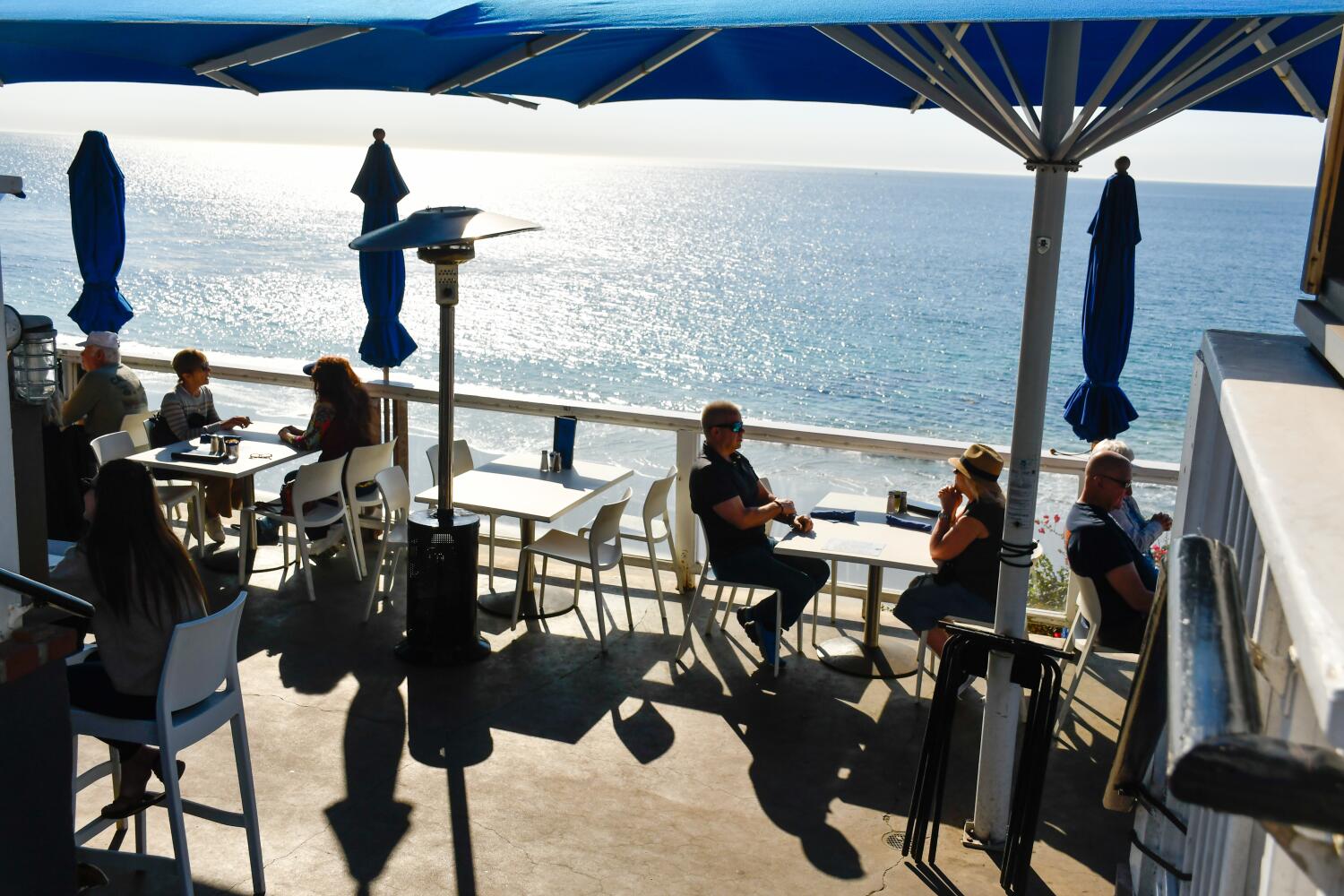
In the wake of devastating wildfires, the Southern California hotel scene is experiencing an unexpected surge as many Angelenos flee their homes. Traditionally, January is a quiet time for hotel bookings in the region, but with hundreds of thousands of residents uprooted from their lives in L.A. County, resorts and hotels in coastal and desert areas like Laguna Beach and Palm Springs have quickly filled up with an influx of displaced families seeking refuge.
Marie Corbett, who manages group sales at the 14 West boutique hotel in Laguna Beach, shared that the situation is overwhelming. Guests showing up are often emotional, with many bringing their pets as they escape the chaos. By early Friday afternoon, Corbett reported that nearly all of the hotel’s 70 rooms had been occupied, with an estimated 80% of those guests coming from Los Angeles in recent days.
While some hotels still have availability due to the typical low season, many are offering emergency rates to accommodate the high demand. For those who want more options, organizations such as Discover Los Angeles and the San Diego Tourism Authority have compiled lists of available hotels, reflecting the current realignment of travelers seeking solace from the fires.
The fires have drawn people not only from under mandatory evacuation orders but also those concerned about air quality or simply looking to escape from a tense environment. As evidenced by the experience of families like the Muneys, deciding to leave their homes was driven by poor air conditions; they recognized their luck amidst the chaos, knowing others had lost everything.
In response to the crisis, some hotels have adjusted their operations to cater to the needs of families. For example, the Marriott Laguna Cliffs Resort turned a conference room into a play area for children, as many guests, like the Muneys from Mar Vista, are trying to find a semblance of normalcy while they wait out the fires.
As families scramble to anticipate their next moves, hotel staff are juggling reservations in a rapidly changing landscape. Hoteliers must comply with California’s anti-price gouging laws, which limit price increases to a maximum of 10% during emergencies, ensuring that rates remain as fair as possible despite heightened demand.
For those looking to escape the flames, hotels such as the Pacific Edge in Laguna Beach have seen occupancy rates soar, with some properties reporting full bookings. Guests displaced by the fires often find themselves paying lower rates and enjoying waived fees, allowing them a brief respite from their troubles.
Pet owners are also making tough decisions during this time as they navigate the smoke-filled air across the region. Fairfax Buchanan Banks, who lives near USC, opted to leave with her pets for cleaner air after experiencing the distressing atmosphere in Los Angeles.
As families such as the Fremiels explore new areas away from the fires, they reflect the broader reality of many in the region—forced to redefine their plans and expectations while the wildfires burn on, impacting communities throughout Southern California. Hotel operators are currently working hard to adapt to this unprecedented situation, ensuring that those in need have a safe place to stay amid the ongoing crisis.






